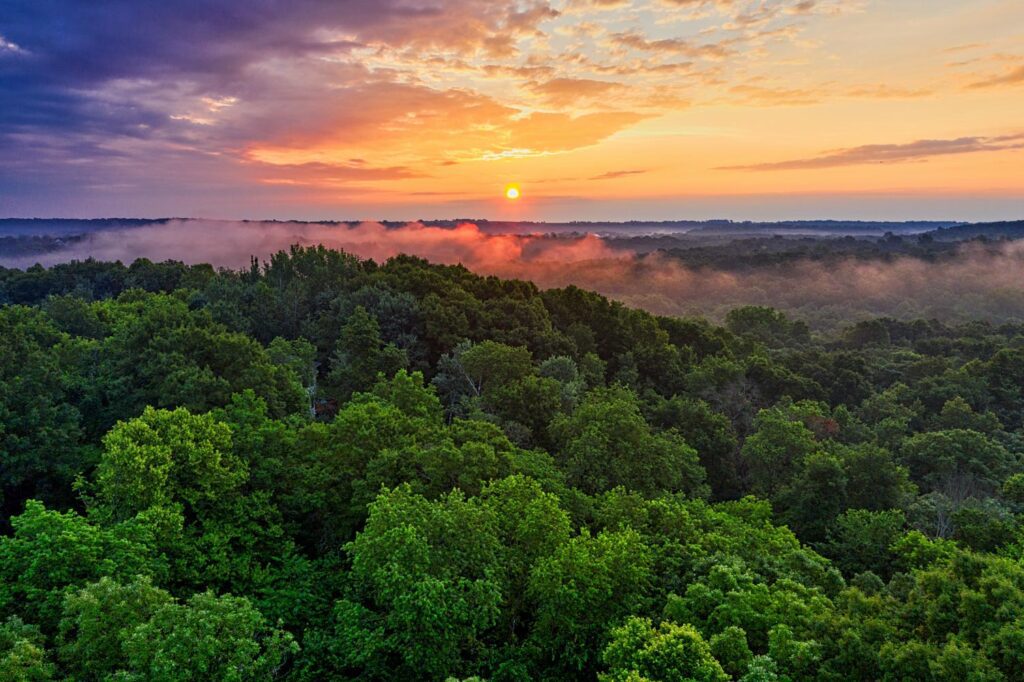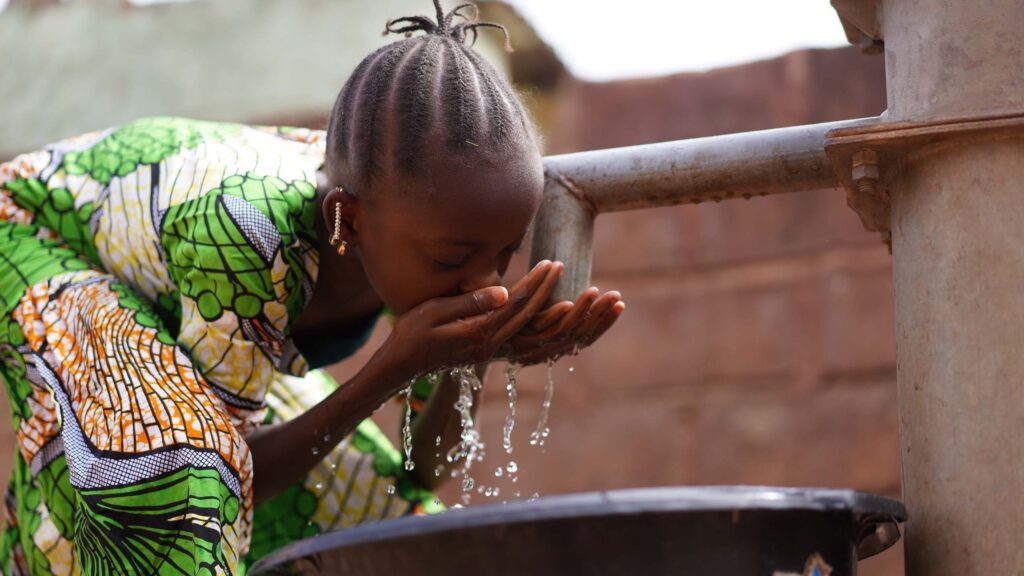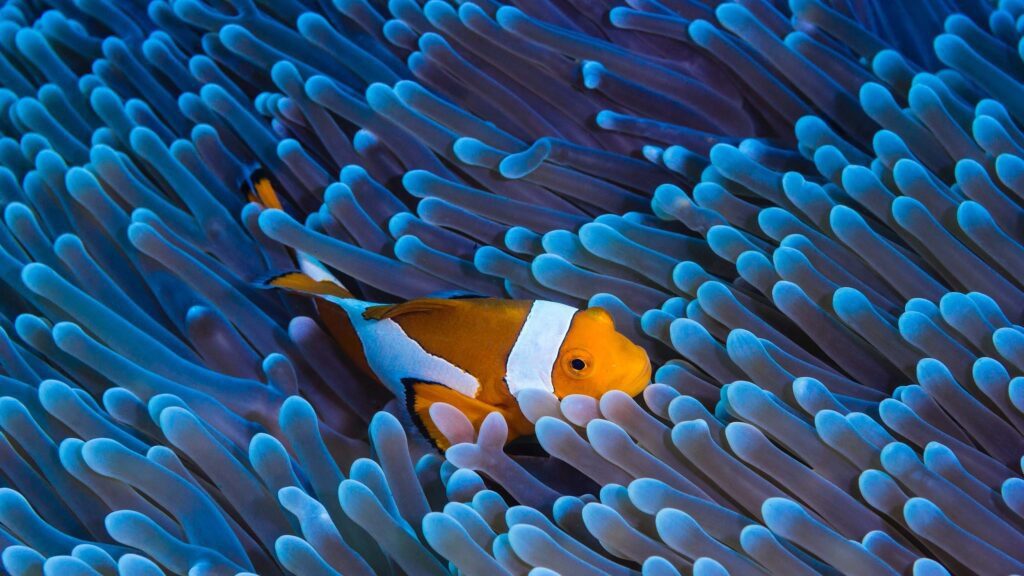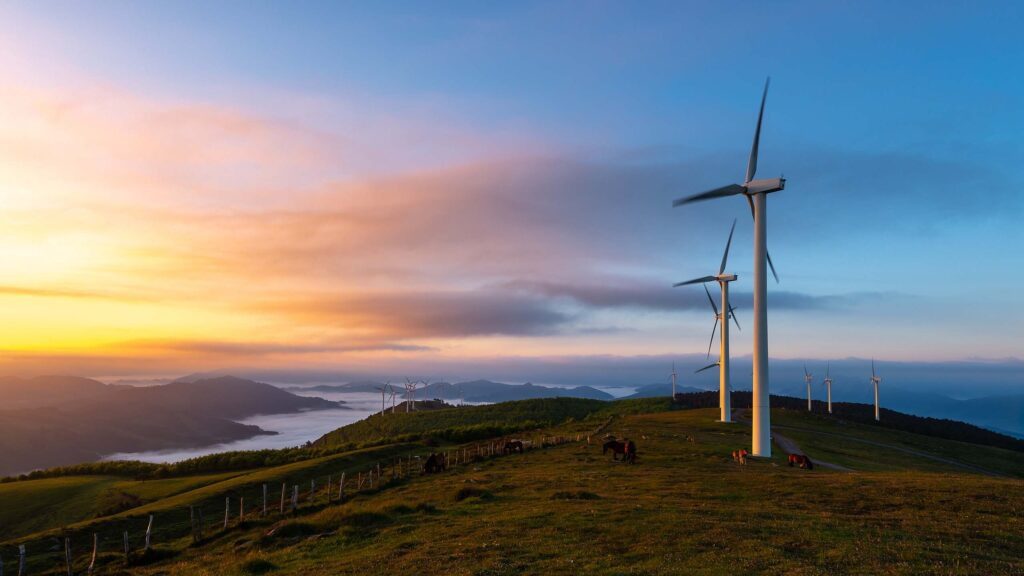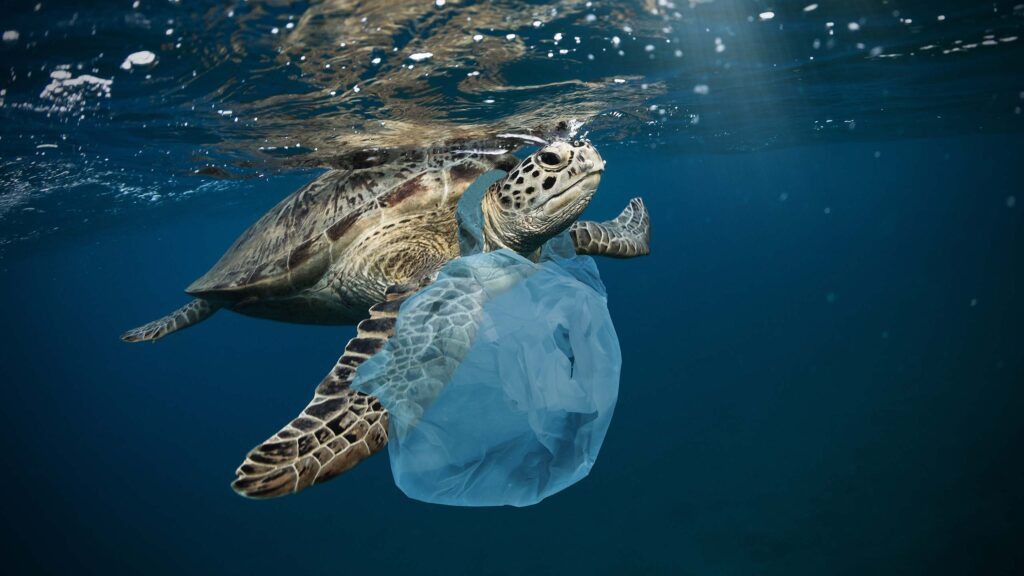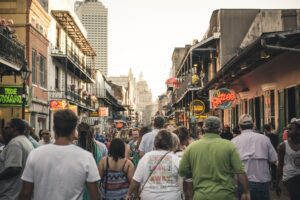Understanding sustainable travel terminology and their meaning

What is sustainable travel?
.
It's easy to be confused and overwhelmed with certain words, phrases or terminology regarding sustainability across the tourism industry. The following provides a short break down glossary of each meaning, to help you understand commonly used words and phrases.

Tourism that takes full account of its current and future economic, social and environmental impacts, addressing the needs of visitors, the industry, the environment and host communities. – United Nations World Tourism Organization (UNWTO)

A concept of being aware of your surroundings (natural environment, communities, culture, animal welfare, etc), then making a positive conscious decision on how to travel respectfully and in an authentic way (transportation, interactions, activities, accommodation etc).

A term used when referring to the behavior of travelers aspiring to make choices on their trip according to sustainable tourism practices. – Global Sustainable Tourism Council (GSTC)

Regeneration is a rebirth of thinking about our role and regenerating our role on the planet. – Bill Reed of Regenesis Group
A way of thinking, acting and being together that creates more life, resilience and diversity in a system. It is breathing new life into something dying.

A form of tourism that takes place in natural and rural areas that provide economic incentives for conserving and enhancing the biological and cultural diversity of an area.

Responsible travel to natural areas that conserves the environment, sustains the well-being of the local people, and involves interpretation and education. – The International Ecotourism Society.

Behaviour or activities that make people believe that a company is doing more to protect the environment that it really is. – Cambridge Dictionary

Voluntary, third party assessment, through an audit, of a tourism enterprise for conformity to a standard. GSTC Criteria serve as the global standards for sustainability in travel and tourism. – Global Sustainable Tourism Council (GSTC)
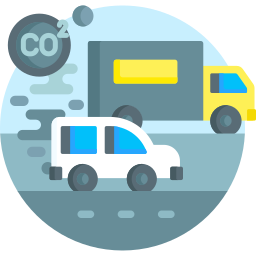
The amount of carbon dioxide (CO2) emissions associated with all the activities of a person or other entity (eg. business, organisation, building, country, etc.). It includes direct emissions (the result from manufacturing, heating, transportation) as well as emissions required to produce the electricity associated with goods and services consumed. – Britannica

Carbon dioxide (CO2) emitted when fossil fuels (coal, oil, natural gas) are burned for human activities (transportation, manufacturing etc).

Not connected to any of the main utilities (electricity, water, etc), and having your own power and water supply. – Cambridge Dictionary

The variety of every living thing / species on Earth, including plants, animals, bacteria, fungi, and humans. – National Geographic
All the different kinds of life you’ll find in one area (variety of animals, plants, fungi, microorganisms) that make up our natural world. – WWF

